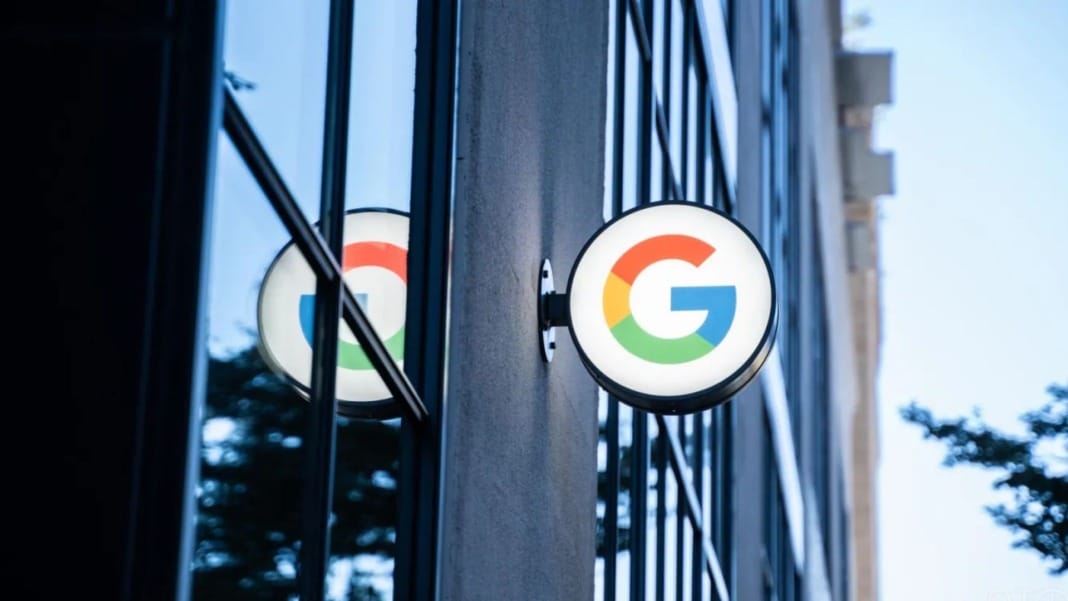In a surprising move, Google is testing the removal of news articles from European Union publishers across its Search, Google News, and Discover platforms for a small group of users. This “impact test” will focus on how the absence of EU news in search results affects web traffic and user experience. The change only affects one per cent of Google users in Belgium, Croatia, Denmark, France, Greece, Italy, the Netherlands, Poland, and Spain.
A temporary experiment for data collection
According to Google, this test is “time-limited” and designed to gather specific insights in response to EU regulators and publishers requesting additional data on news content’s role in Search. Google emphasises that this test is not a blanket removal but a targeted trial with limited visibility. Once the experiment concludes, all EU news articles will reappear for users, regardless of location.
During this test period, EU-based publishers’ news articles won’t appear in search results for the selected users, but articles from news outlets outside the EU will remain accessible. Google aims to understand the potential impact on web traffic to EU news sources without Google’s direct referrals. This trial also allows EU publishers to assess just how reliant their digital reach is on Google’s platforms.
Broader implications for EU publishers and news consumption
This seemingly small-scale experiment may have significant repercussions. Google’s trial could serve as a wake-up call for EU publishers, allowing them to gauge just how much traffic their platforms would lose if Google fully removed EU news content from its services. This insight is critical as the push for new regulations continues in the EU.
The test aligns with a broader trend in how tech companies engage with news publishers. Google, in particular, has taken a strong stance against legislative moves that would require compensation for displaying news content. It has faced several regulatory battles in recent years, especially around the European Copyright Directive, which mandates that companies like Google pay to license content from EU publishers. To comply with this directive, Google already has arrangements with numerous publishers across the EU. Earlier this year, for instance, a French court ordered Google to pay a fine of US$272 million due to non-compliance with compensation agreements for French publishers.
Tech companies push back on global news regulations
Google’s ongoing experiment in the EU follows recent clashes between the tech giant and other governments over similar issues. Earlier this year, Google blocked links to California news sources in response to the Journalism Preservation Act, which mandates compensation to local news publishers. Google has also pushed back in Canada, where similar legislation is underway, and nearly withdrew its services from Australia over its News Media Bargaining Code. These actions signal Google’s strong resistance to legislation that seeks to control its relationship with news publishers.
The test in the EU could be a precursor to larger changes if similar legislation continues to gain traction worldwide. While the results of this trial are yet to be seen, Google’s experiment may hint at a future where the tech giant chooses more drastic measures to navigate regulatory pressure, potentially reshaping the online news landscape.





